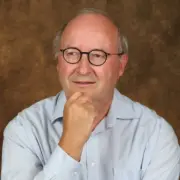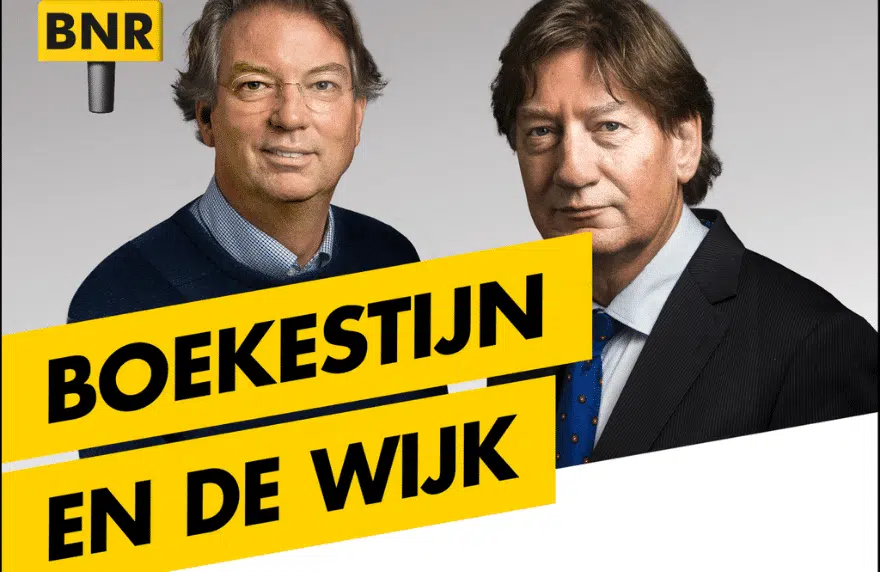Het kabinet wil het makkelijker maken voor bedrijven om te boren naar de grote hoeveelheid gas op bestaande én nieuwe gasvelden onder de Noordzeebodem. En dat is een goede stap voorwaarts, zo denkt HCSS energie expert Jilles van den Beukel. ‘Nederland is namelijk een gasimport land geworden’, zo stelt hij op BNR Nieuwsradio. ‘We importeren heel erg veel gas sinds vier jaar. Maar je kunt beter in Nederland geproduceerd gas gebruiken dan geïmporteerd gas.’
En daar heeft Van den Beukel meerdere argumenten voor. Enerzijds het financiële aspect, omdat de inkomsten dan direct richting de staatskas zouden vloeien, en anderzijds de leveringszekerheid. Volgens Van den Beukel is het ook stukken beter voor het klimaat. ‘De totale carbon footprint van Nederlands gas is veel lager dan van geïmporteerd gas’, stelt hij, waarbij het ook niet uitmaakt of het via een pijpleiding komt of lng is. ‘Dat scheelt 30 tot 50 procent over de gehele keten gezien.’
En er is heel veel te winnen in de Noordzee, vervolgt hij. Van den Beukel denkt dat er nog zo’n 100 miljard kuub gas onder de bodem ligt. ‘Afhankelijk van of de Nederlandse regering het makkelijker maakt om te winnen, want met name vergunningen duurden in Nederland lang om aan te vragen.’
Van den Beukel juicht een versnelde energietransitie zeker toe, maar benoemt tevens dat Nederland ook een beperkt aantal broeikasgassen heeft dat nog uitgestoten kan worden. ‘We hebben fossiele reserves genoeg om de aarde tien graden op te warmen, maar het is de vraag welke fossiele reserves we in de grond laten zitten. En dan laat ik liever kolen links liggen.’
Van den Beukel vervolgt: ‘En dan heb ik liever dat we gas met een hoge uitstoot in de grond laten zitten, zoals gas uit Rusland, Qatar en Texas.’ Hij benoemt daarbij ook dat Nederlands gas relatief weinig uitstoot oplever. ‘Methaanlekkages van Nederlands gas zijn misschien tien procent van het gemiddelde van de wereld. We zijn het heus eens over het feit dat de strijd tegen fossiele brandstof gevoerd moet worden, maar voer die strijd aan de vraag-kant. Als je de vraag vermindert, is dat échte vooruitgang. Als je het aanbod voor de Westerse olie- en gasindustrie, werkt het eerder averechts. Zowel voor het klimaat als voor de betaalbaarheid.’
Bron: BNR Nieuwsradio





